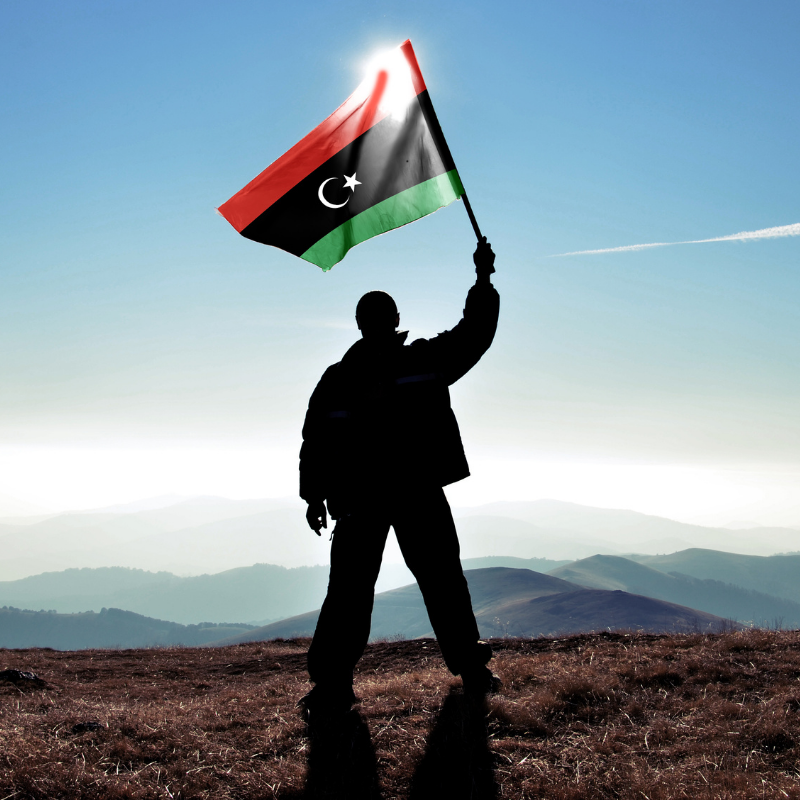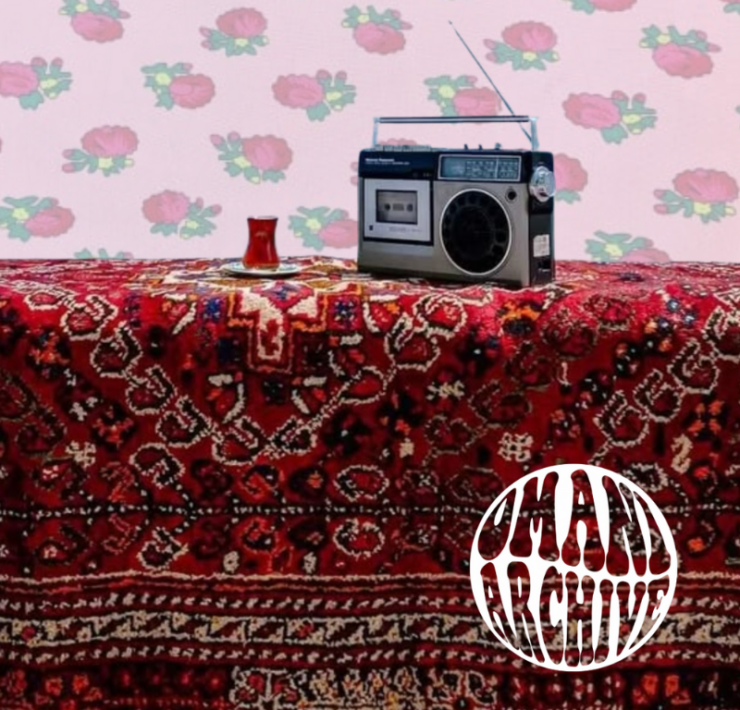Eyes have been on Libya in the wake of the bombing that killed 22 people in Manchester last Monday, as it has emerged that the bomber, Salman Abedi, was radicalised by Libyan jihadis and travelled to the country shortly before carrying out the horrific attack.
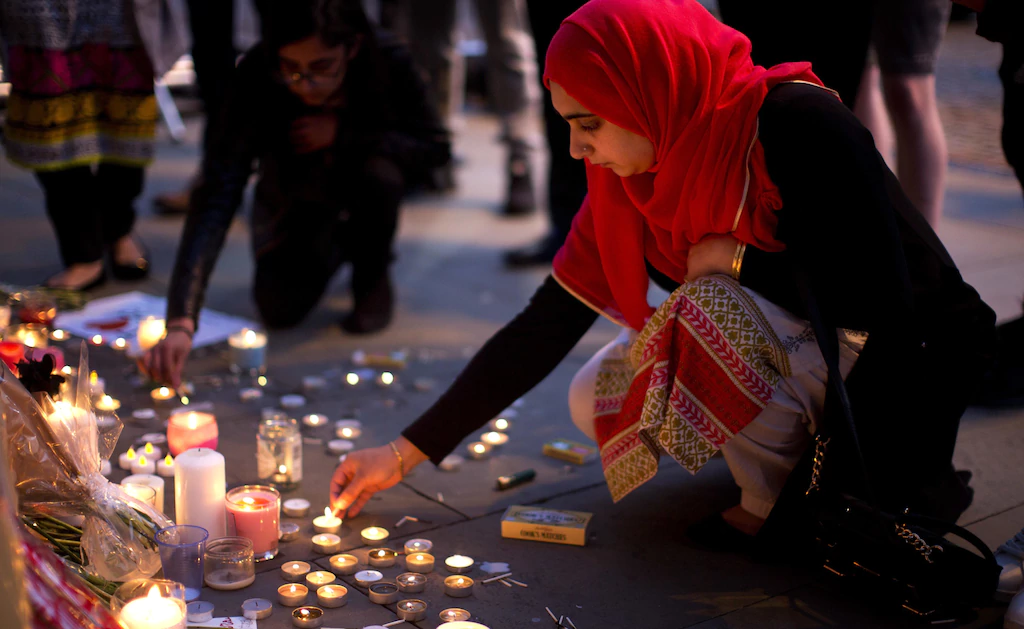 Crowds gathered in Manchester last week to mourn those killed in the bombing (image: The West Australian)
Crowds gathered in Manchester last week to mourn those killed in the bombing (image: The West Australian)
Since the ousting of the brutal and eccentric dictator Muammar Qaddafi in 2011, a state of chaos has taken root in Libya characterised by lawlessness, infighting and human suffering. Violent extremist groups like the so-called Islamic State have exploited the power vacuum left behind, as have human traffickers and other violent criminals. But more sophisticated politics are also at play in this troubled North African state, which has become a new front in the Cold War between Russia and the West.
Various factions have been vying for power in Libya since 2011, including two rival parliaments and three governments. Yet the only forces that appear to hold significant power are the various local armed militias that control pockets of land across the country.
 Rival militias have competed for control of Libya since a popular uprising in 2011 ousted strongman, Muammar Qaddafi (image: New York Times)
Rival militias have competed for control of Libya since a popular uprising in 2011 ousted strongman, Muammar Qaddafi (image: New York Times)
The US and the UN have thrown their support behind the Tripoli-based Government of National Accord (GNA), formed in 2015 as a result of a UN-led political dialogue. But the GNA lacks legitimacy within Libya – largely due to the role of the West in its formation – and other opposing forces on the ground wield more significant influence. One of the most powerful of these forces is the self-styled Libyan National Army (LNA) led by General Khalifa Haftar, which refused to recognise the GNA.
Contrary to the UN’s position, Russia has continued to show support for Haftar in what has been seen as a pragmatic move to expand its influence in North Africa. Haftar visited Moscow twice in 2016 to meet with Kremlin officials, and Russia reportedly deployed special forces to Libya in March to back Haftar’s LNA in the fight to secure key oil terminals that were under attack from a local militia. Reports have also suggested that Moscow had plans to ship weapons to Haftar’s forces in spite of the UN embargo prohibiting the flow of arms into the country.
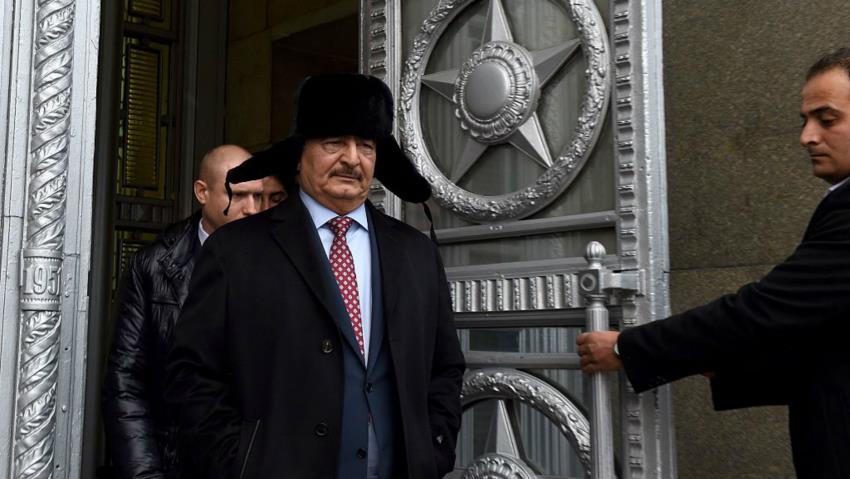 General Khalifa Haftar leaving a meeting with Russian Minister of Foreign Affairs in Moscow, November 2016 (image: The New Arab)
General Khalifa Haftar leaving a meeting with Russian Minister of Foreign Affairs in Moscow, November 2016 (image: The New Arab)
The relationship between Haftar and the Kremlin further undermines the legitimacy of the supposedly internationally recognised GNA. Perhaps this is why earlier in May, the GNA seemed to concede to the General, officially naming him the head of the country’s army on the condition that he recognise the government’s legitimacy.
While optimists in the West might portray this as a pragmatic, perhaps even inevitable move, it could also be interpreted as a sign of desperation signalling a shift in the balance of power towards Moscow: a last-ditch attempt to gain legitimacy in a country where loyalty on the ground is dependent on local standing – and more importantly, the size of your weapons arsenal.
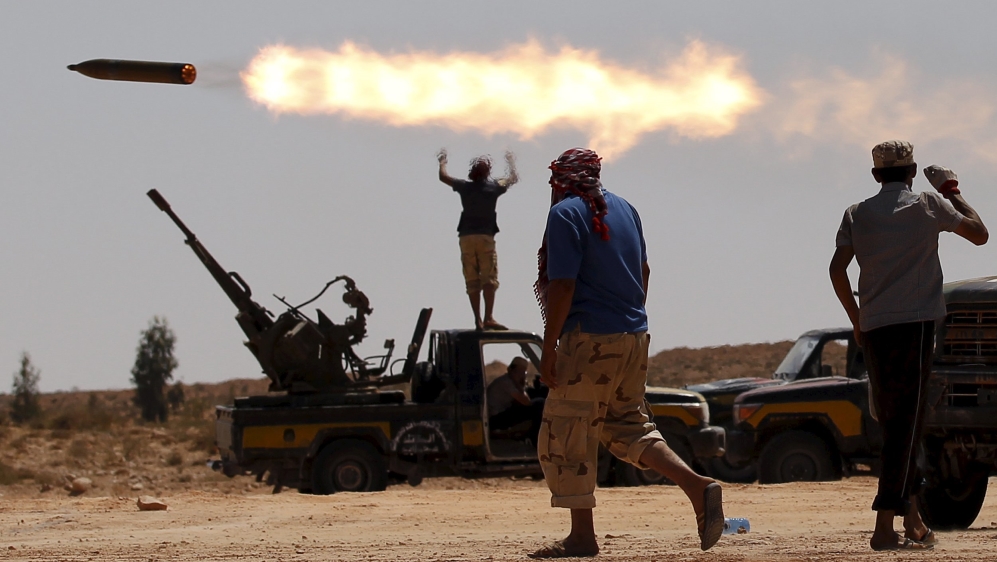 Militias have raided Colonel Qaddafi’s weapons arsenals since the 2011 uprising, causing Libya to become one of the most violent and lawless countries in the world (image: Al Jazeera)
Militias have raided Colonel Qaddafi’s weapons arsenals since the 2011 uprising, causing Libya to become one of the most violent and lawless countries in the world (image: Al Jazeera)
All eyes are on Libya and rightly so. This conflict-ridden failing state is crucial for so many reasons, including its role in the trafficking of migrants to Europe and the spread of violent extremism. The Manchester attack has served as a horrific reminder of Libya’s key role as a transit point not only for weapons and natural resources, but also people and ideologies. The reverberations of a power play between Russia and the West in Libya could therefore be felt both in the wider region and throughout the world.
If you found this interesting, you might also like:
Trump in Saudi Arabia: What you missed while the media were obsessing over Melania’s wardrobe
Saudi Arabia, sectarianism and the battle for the Twittersphere
Yemeni town awaits an offensive that could turn the tide of the war – but at a cost

